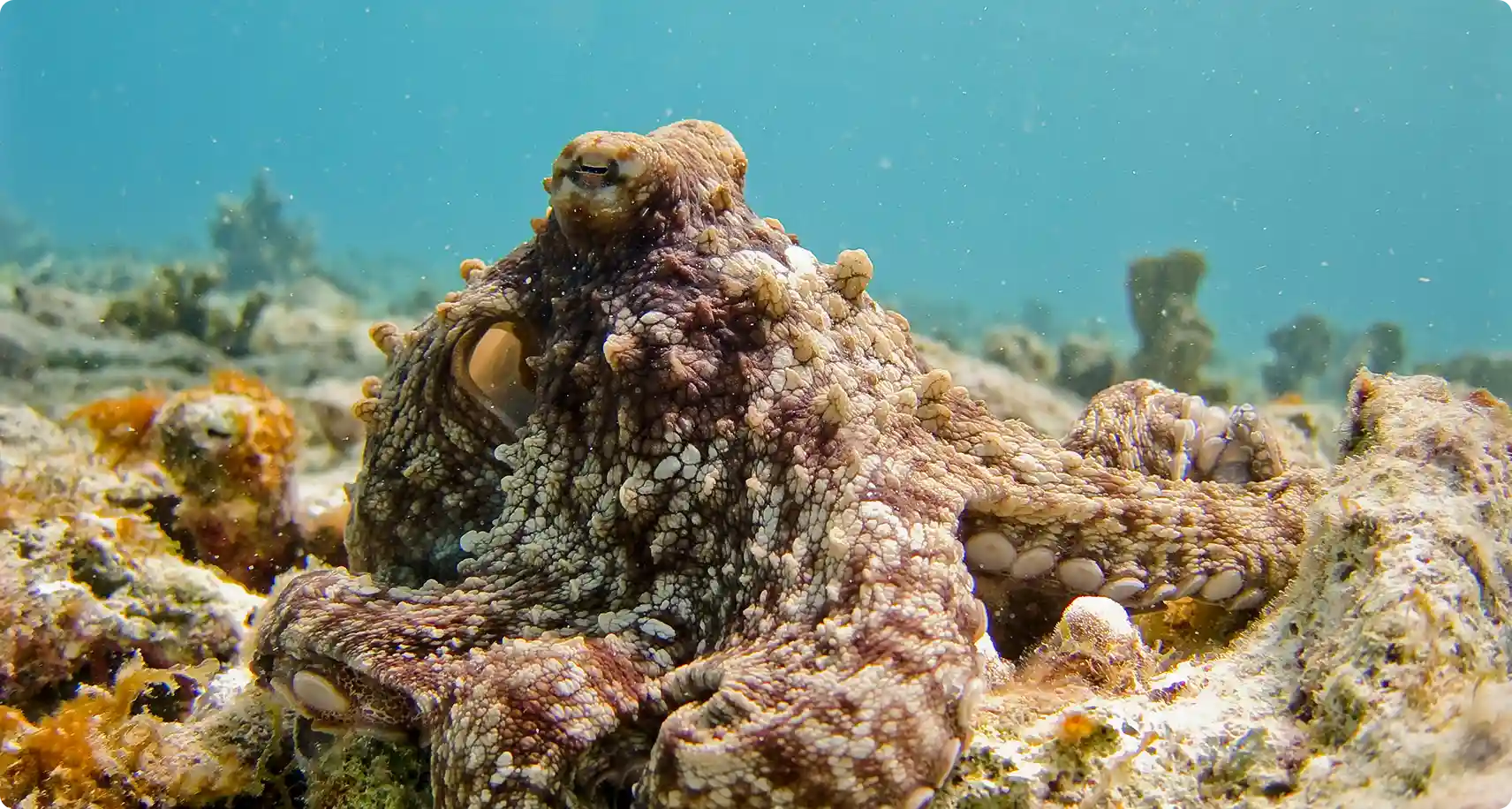Psychology Homework
- Homework for 29/2: Psychology 12
- Instructions: Read the following article titled How Smart Is the Octopus? by Carl Zimmer, then answer the five questions below in complete sentences.
Article: “How Smart Is the Octopus?”
By Carl Zimmer Aristotle once deemed the octopus a “stupid creature,” but modern science paints a very different picture. Octopuses are now considered incredibly intelligent, capable of complex behaviors like mimicking other animals, unscrewing jars to get to food, and showing advanced learning abilities. In fact, octopuses even appear in the journal Consciousness and Cognition, alongside squid and cuttlefish, under the title “Cephalopod consciousness: behavioral evidence.”
But what does intelligence really mean? Octopuses can learn, process complex information, and behave in sophisticated ways, but their intelligence is very different from human intelligence. It’s not just about being “smart”; it’s about the evolutionary history that shaped their brains and behavior over hundreds of millions of years.

Key Highlights from the Article:
1. Octopus Brain Structure
- The octopus has an enormous brain relative to its size, with half a billion neurons. This is more than fish or amphibians and places it on par with birds and mammals.
- Their brains are organized into complex lobes, which are similar to how human brains are structured.
2. Tests of Intelligence
- In the late 1950s, Oxford biologist N.S. Sutherland tested octopuses' ability to learn and solve problems, like identifying shapes and memorizing tasks.
- Octopuses also display signs of playing and problem-solving, like moving toys with jets of water and interacting with objects in their tanks.
3. Consciousness and Memory
- Biologist Jennifer Mather proposed that octopuses may have "primary consciousness," allowing them to process their perceptions and memories.
- Mather’s research showed that octopuses may even exhibit a form of “handedness” with their eyes, displaying a preference for one eye over the other.
4. Geography and Learning
- Jean Boal’s experiments demonstrated octopuses' remarkable ability to learn and navigate complex mazes, even managing to remember multiple paths simultaneously.
Questions:
- What is intelligence, according to the article?
- What is unique about the brains of octopuses?
- How does the article define consciousness (self-awareness)?
- What are three unique things that octopuses do that most other animals do not?
- What is the difference between human and octopus intelligence?